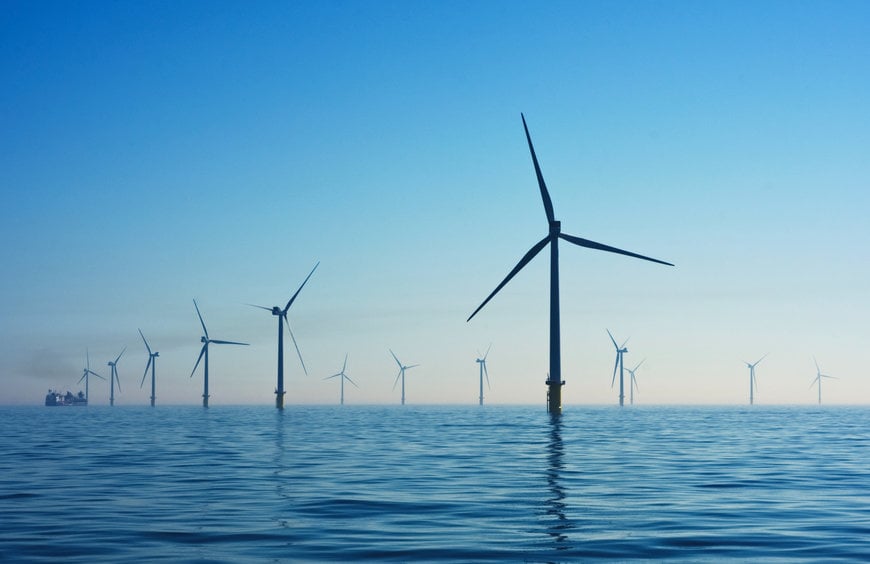www.industryemea.com
04
'22
Written on Modified on
Resilient resistors keep wind turbines turning
The REO BW151 resistor, a braking resistor for renewable applications, has gone through rigorous testing so it can be used in the pitch control systems (PCSs) for wind turbines across the UK. The resistors have been tested to meet European Standards, EN 60068-2-6 and EN 600068-2-27, to ensure reliability and degradation-free performance for both onshore and offshore wind turbines.

All electrical components produced by REO for PCSs must go through extensive testing due to the harsh nature of wind applications and to ensure they will function for the lifetime of the system. Wind turbine components are exposed to high levels of shock and vibration and can experience rotational speeds of up to 30 rpm and accelerations of up to 2 g.
Each PCS usually comprises a variable speed drive as well as a resilient braking resistor and associated control and power quality circuitry. The BW151 range has been designed with renewable applications in mind. It will work in operating ambient temperatures of up to 50 degrees and at altitudes of 3000 m above sea level, both of which are common requirements for wind turbines. The aluminium enclosure of the BW151 braking resistor also provides corrosion protection and the unit has an IP54 ingress protection rating.
Pitch control systems are used to adjust and rotate the angle of the blades of a wind turbine to optimise the generation of wind power while ensuring the turbine does not exceed the maximum rotational speed. Wind speed, generator speed and power production are all conditions that are calculated to determine the angle of the blades.
The braking resistors in a PCS work by absorbing the surplus electricity in the circuit and then converting it into heat. This creates a braking effect which slows down the moving mechanised load, protecting the electrical drive system.
“We’ve seen an increasing interest in wind power across Europe, especially in Germany,” explained Steve Hughes, managing director of REO UK. “In 2020, onshore wind power contributed almost 20 per cent to Germany’s net power production. “Now we want to focus on the UK where wind farms account for one fifth of the UK’s total electricity generation. With the UK Government’s plan to increase offshore wind capacity to 40 GW by 2030, we are expecting to see a big increase in the number of wind turbines being built in the UK that will need these resilient components.”
REO’s background in EV and railway traction applications means it has wide experience in manufacturing and testing products that must ensure conformity for harsh environments. To find out more about REO’s renewable industrial convertor solutions, visit the website.
www.reo.com

